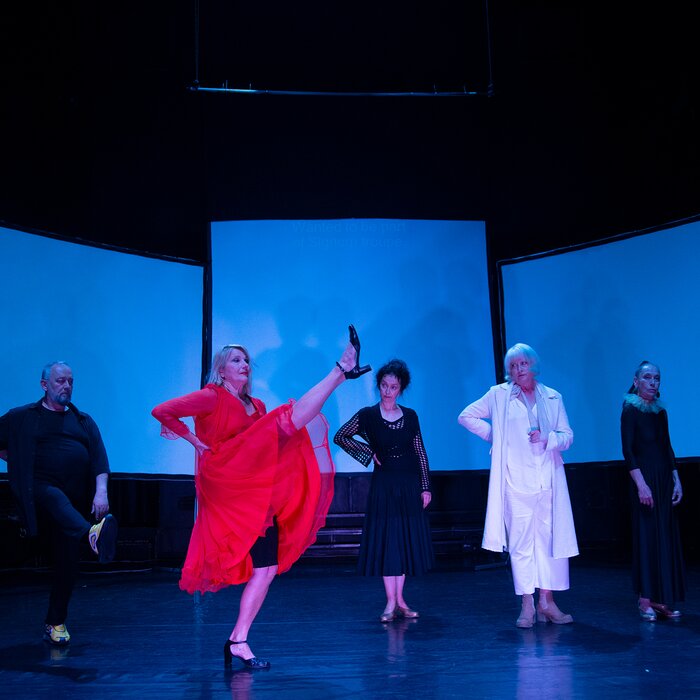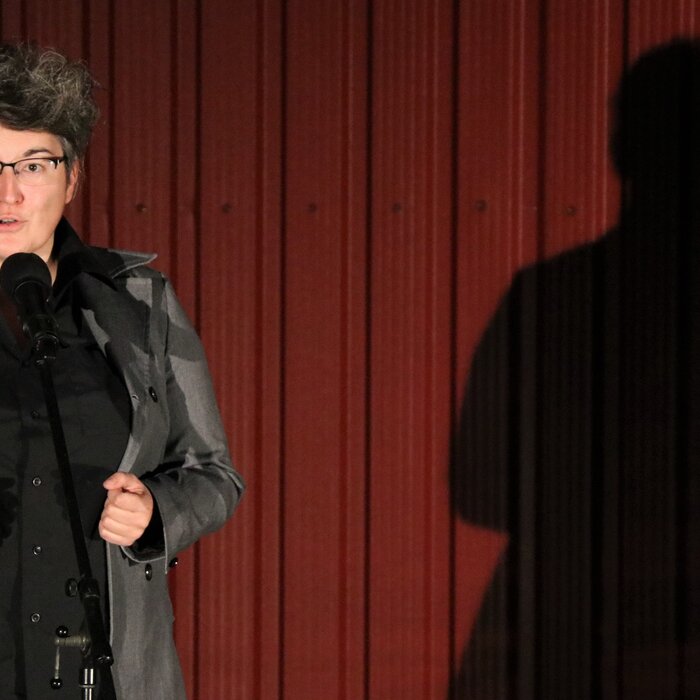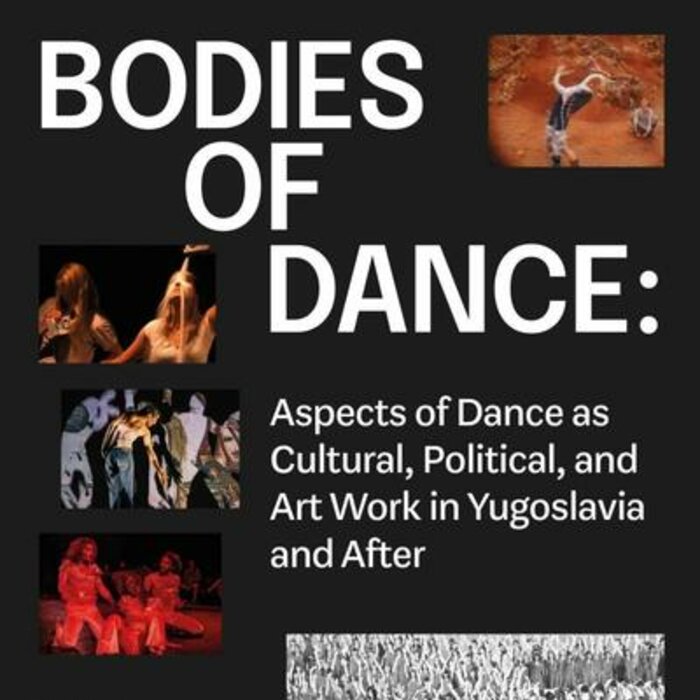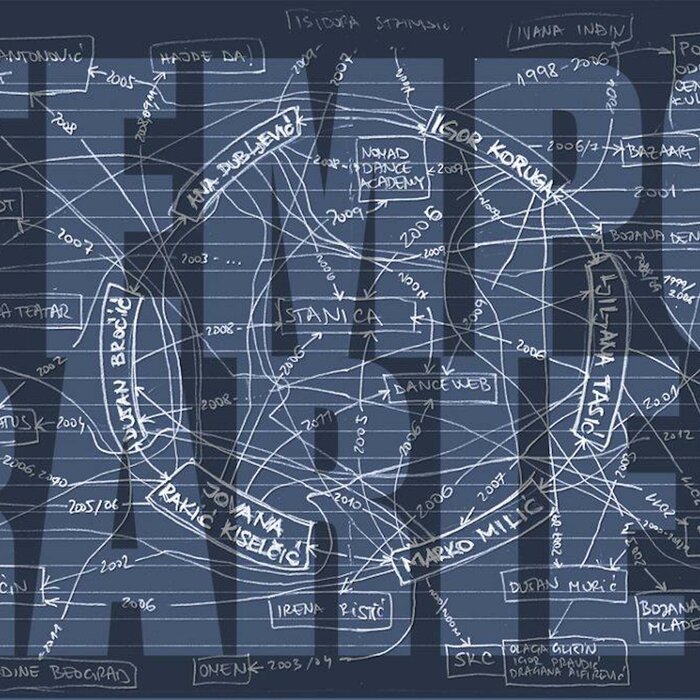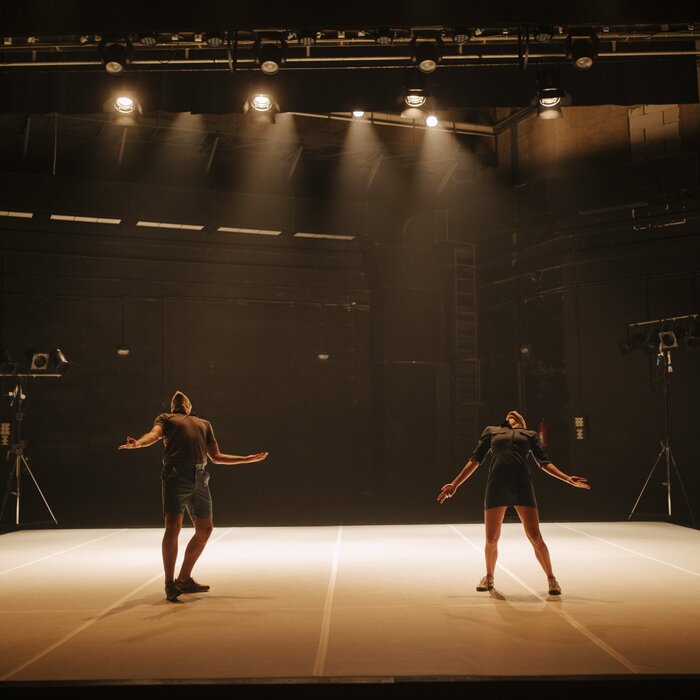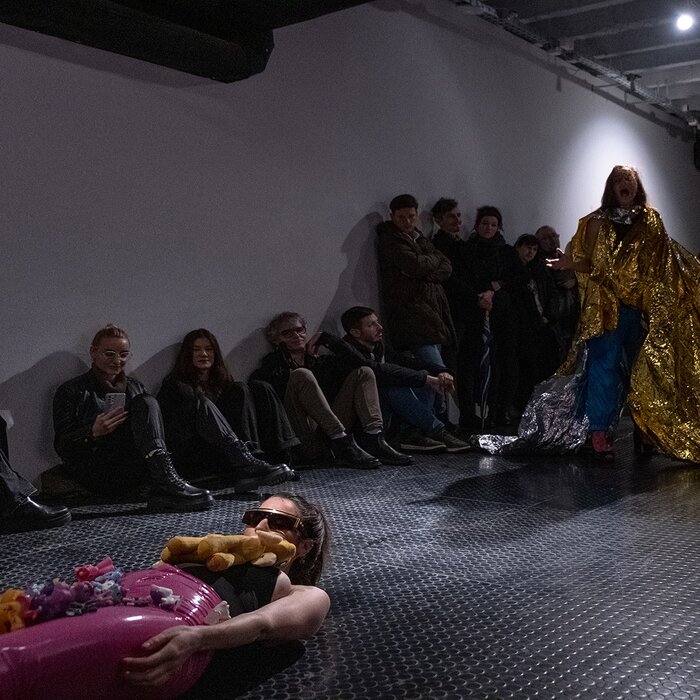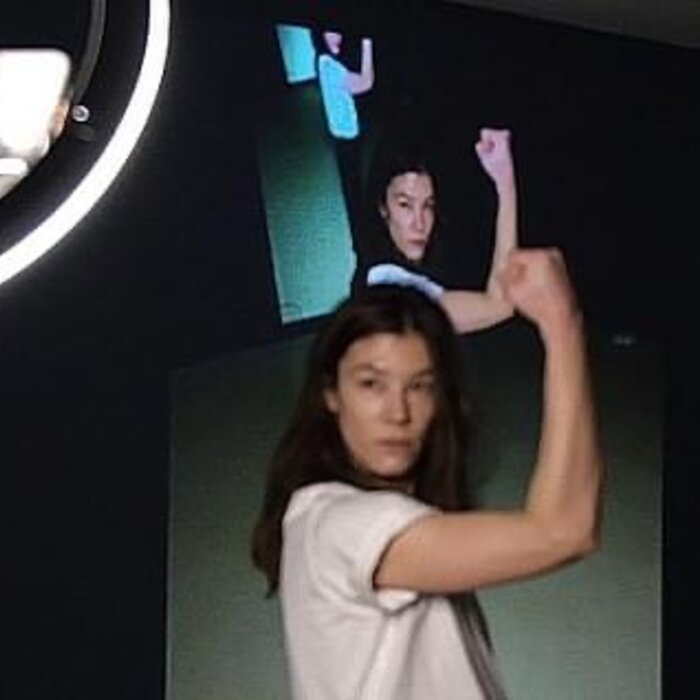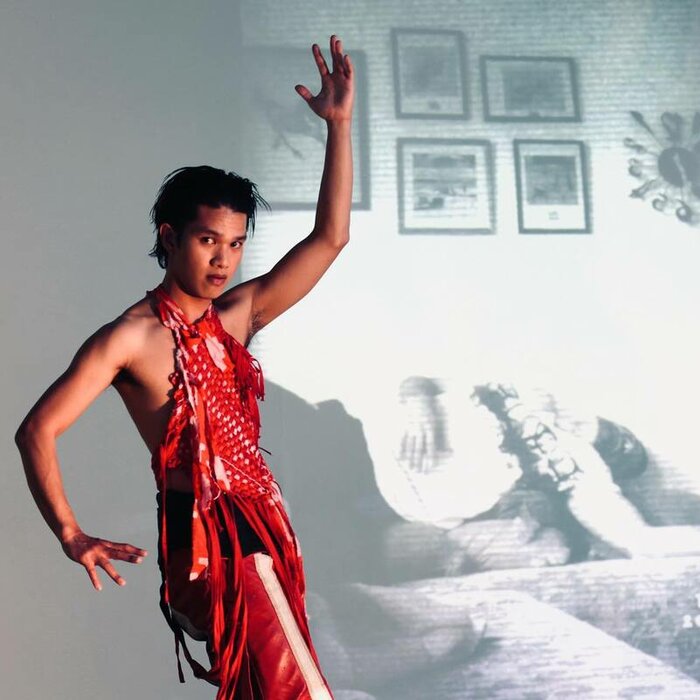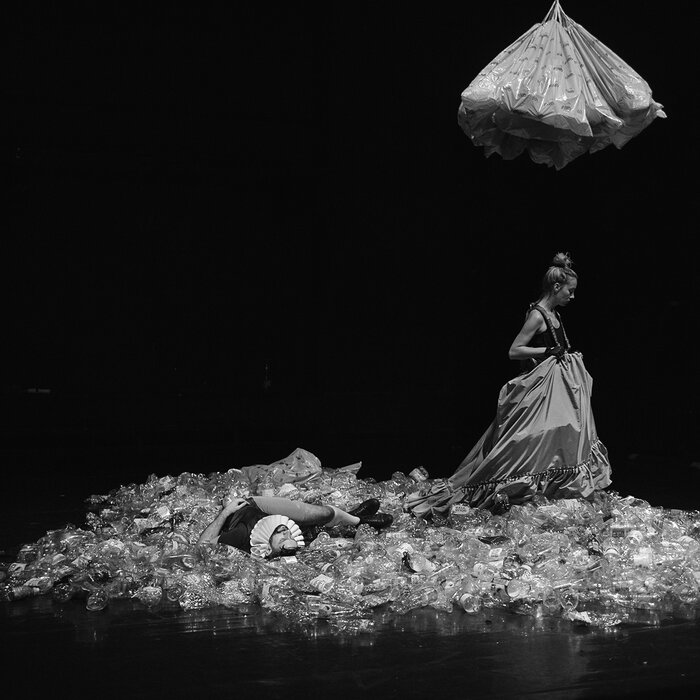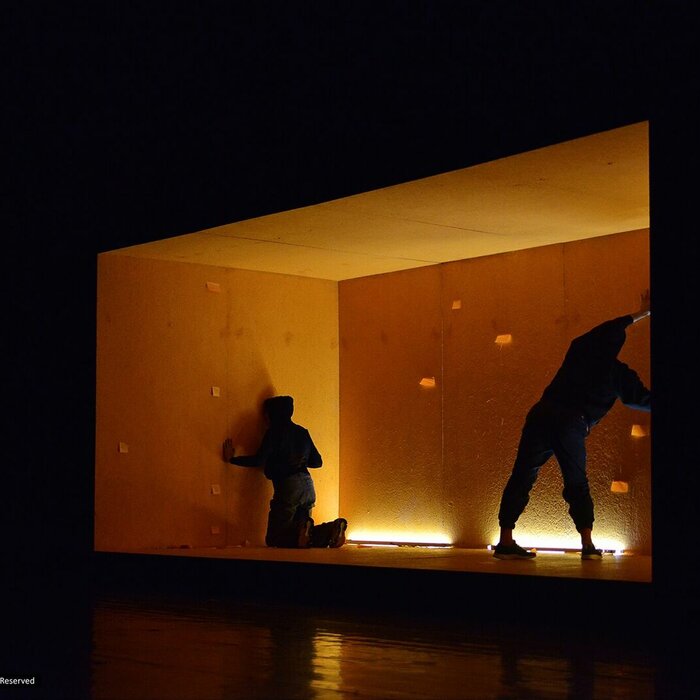Igor Koruga works in the field of performing arts (contemporary dance and choreography). He holds a master's degree in Solo/Dance/Author studies from the University of the Arts in Berlin and has studied ethnology and anthropology at the University of Belgrade. He completed a postgraduate program at DAS Third, University of the Arts Amsterdam.
Koruga explores the application of choreography and dance in interpreting socio-political phenomena shaping contemporary artistic production and knowledge, linking dance, critical theory, and digital media in his practice. His recent works include Unstable Comrades (2024), The Desire to Make a Solid History Will End in Failure (2023), Closeness of Touch (2022), How to Explain Pictures to a Man (2021), Hopelessness (2017), Only Mine Alone (2016), and Streamlined (2015), Expose (2014) etc. He often collaborates with local artists, including Ana Dubljević, Dimitrije Kokanov, Maja Pelević, Olga Dimitrijević, and Milica Ivić.
In addition to his artistic work, Koruga choreographs stage movement for drama theater and film. He has collaborated with renowned directors and artists in national and city theaters across Serbia. Notable productions include Our Class, Children, Revolt, World Without Women, Nora - A Doll's House, Mileva, Days of the Prodigal Johnny, Lepa Brena Project, among others.
As a pedagogue, Koruga has mentored many young artists in the local dance scene through edu platforms by Station Service for Contemporary Dance, Goethe-Institut, and the Yugoslav Drama Theatre in Belgrade. He worked as a pedagoge in choreography at the Institute for Artistic Dance in Belgrade (2015-2017) and in Belgrade Ballet high-school "Lujo Davičo".
Koruga has collaborated with various international dance artists, including Christine de Smedt, Ezster Salamon, Jeremy Wade, Jared Gradinger, Liz Rosenfeld, Anna Koch, Willy Prager, Sonja Pregrad, Nina Kurtela, Ivana Kalc, Josefine Larsson Olin, Karolina Kreuzberg, Aleksandar Georgiev, Jasna Žmak, Dragana Bulut, etc. His dramaturgical work includes the award-winning Room for Revolution choreographed by Isidora Stanišić. As a performer, he has performed in domestic and international theaters such as Narodno Pozorište, Bitef Theater, Atelje 212 in Belgrade, Dansens Hus in Stockholm, Tanz Quartier in Vienna, Habbel am Ufer (HAU), Uferstudios, TanzFabrik in Berlin, Trafo Theatre in Budapest, Kammerspiele Munich, Le Centre chorégraphique national de Montpellier, etc. As a choreographer, he has participated in international festivals like Bitef, ImpulsTanz, Tanz im August, Sterijino Pozorje, CoFestival, Kondenz, and others.
Koruga is part of the regional team for archiving dance practices in the Yugoslav and post-Yugoslav context, author of theoretical texts published in renowned regional journals (Maska Ljubljana, Teorija koja hoda Belgrade, Kretanja Zagreb), and co-editor of the book Post-socialist Dance: In Search for Hidden Legacies with Annelies van Assche, Dunja Njaradi, and Milica Ivić, published by Bloomsbury.
Since 2006, Koruga has been an active member of the Station organization and a member of the Ballet Artists' Association of Serbia since 2013. He has been a fellow of the Nomad Dance Academy, DanceWeb, Akademie Schloss Solitude, and the Berlin Mayor's Office. He received a "Dimitrije Parlić" award by the Assosiation of Ballet dancers in Serbia for the best choreographic work in 2024, and won the first prize and the critics' award at the XIX Festival of Choreographic Miniatures in Belgrade. Additionally Koruga was a recipient of the 43rd Infant Festival award, and the annual award from the National Organization for Rare Diseases of Serbia (NORBS) for his exceptional contribution to improving the position of people with rare diseases in Serbia through his artistic work.

